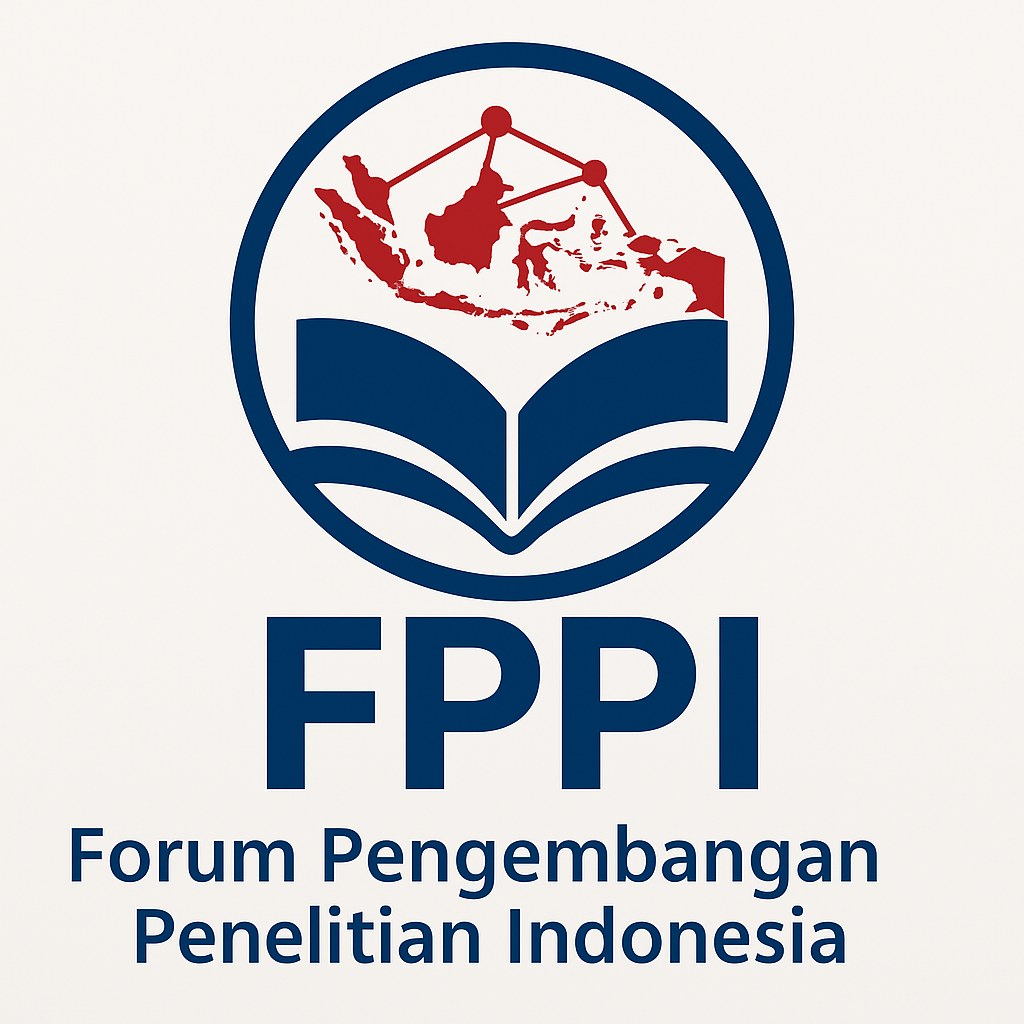Development of Teaching Modules in Problem-Based Mathematics Learning to Improve Junior High School Students' Mathematical Literacy
Main Article Content
Abstract
Based on the observations and interviews at State Junior High School 8 Tangerang, data was obtained from the teaching modules at the school. Explaining the material in the teaching module has not improved students' mathematical literacy skills. The aim of this research is: (1) to develop a teaching module as a learning module on social arithmetic material for class 7 of State Junior High School 8 Tangerang, (2) to determine the feasibility of the teaching module, (3) find out the assessment of class seventh students at state junior high school 8 Tangerang regarding the development of teaching modules. This research is a development research or Research and Development (R&D) type. The steps in this research are potential and problems, collecting information, product design, product validation, product improvement, and product testing. The instrument used in this research was a learning media validation sheet. Based on the validation results by media and material experts, the average was 4.50 out of a maximum score of 5.00, and learning practitioners averaged 4.57 out of a maximum score of 5.00, categorized as very feasible. The results of the teaching module trial received a very good response from students, with an average of 3.88 out of a score of 4.00, meaning that the teaching module was very suitable for use in the learning module.
Article Details
References
Ainin, N. (2023). Pengembangan modul ajar berbasis masalah untuk meningkatkan keterampilan literasi matematika siswa. Jurnal Pendidikan Matematika, 14(2), 129-139.
Borg, W. R., & Gall, M. D. (2019). Educational research: An introduction (11th ed.). Pearson Education.
Emzir. (2014). Metodologi penelitian pendidikan: Pedoman untuk penelitian kualitatif dan kuantitatif (3rd ed.). Rajawali Pers.
Goenawan, S., Roebiyanto, W., & Harmini, S. (2017). Improving students' problem-solving abilities through problem-based learning in mathematics education. Journal of Educational Research, 8(2), 143-151.
Hidayat, A., Prasetyo, A., & Sari, N. (2018). Peran Pendidikan Matematika dalam Meningkatkan Kemampuan Pemecahan Masalah Siswa. Jurnal Pendidikan Matematika, 12(2), 125-132.
Istiandaru, D., Prasetyo, A., & Lestari, W. (2015). Problem-based learning to enhance mathematical literacy skills of junior high school students. Journal of Research in Mathematics Education, 11(2), 90-102.
Islamiyah, et. al. (2024). Empowering Problem-Solving Abilities and Self-Esteem in Students: Implementing the Teams Games Tournament (TGT) Model in Class VIII of MTS Daar Al-Ilmi. International Journal ofApplied Learning and Research in Algebra(Algebra),01(01),1-9, doi. https://doi.org/10.56855/algebra.v1i1.11571
Kiawati, R., Junedi, D., & Tabrania, A. (2023). The effectiveness of problem-based learning model on improving students' mathematical literacy: A comparative study. Journal of Mathematics and Education, 30(1), 45-57.
Khiyarunnisa, D., & Sari, N. (2017). The impact of problem-based learning on improving mathematical literacy skills of junior high school students. Journal of Mathematics Education, 9(1), 67-74.
Loska, F., Ayuni, and Ainirohmah, N.(2024). Exploring Potential: Analysis of Students' Mathematical Problem-Solving Ability on System of Linear Inequalities in Two Variables(SLITV)Material. International Journal ofApplied Learning and Research in Algebra(Algebra),01(01),48-60, doi. https://doi.org/10.56855/algebra.v1i1.1168
Madyararti, A., Fathoni, I. M., & Lestari, W. D. (2019). Mathematical literacy and its role in solving real-world problems: A review. Journal of Mathematics Education, 13(2), 215-228.
Meilasari, A., Santosa, H. B., & Prasetyo, A. (2020). Problem-based learning as a strategy to enhance critical thinking in mathematics education. Journal of Education and Learning, 14(3), 301-311.
National Council of Teachers of Mathematics (NCTM). (2000). Principles and standards for school mathematics. National Council of Teachers of Mathematics.
Samsusilowati, S. (2016). Pengamatan dalam penelitian pendidikan: Teknik observasi untuk pengumpulan data. Jurnal Penelitian Pendidikan, 9(2), 153-160.
Sugiyono. (2018). Metode penelitian pendidikan: Pendekatan kuantitatif, kualitatif, dan R&D (5th ed.). Alfabeta.
Sugiyono. (2019). Metode penelitian kuantitatif, kualitatif, dan R&D (14th ed.). Alfabeta.
Wardono, A. (2015). Innovative learning models in mathematics education: Developing problem-solving and literacy skills. Journal of Mathematics and Education Innovations, 12(3), 91-97.
UNESCO. (2016). Literacy for all: A global vision. United Nations Educational, Scientific and Cultural Organization.
Yustitia, D., & Kusmaharti, M. (2022). The effect of problem-based learning on student activity and learning outcomes in mathematics. International Journal of Mathematics Education, 26(4), 409-420.







